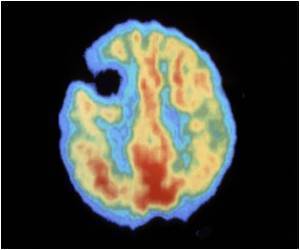An important drug target reverses cellular changes in the brain seen during aging, finds study.

Aging-related memory loss is associated with the gradual deterioration of the structure and function of synapses (the connections between brain cells) in brain regions critical to learning and memory, such as the hippocampus.
Recent studies suggested that histone acetylation, a chemical process that controls whether genes are turned on, affects this process.
Specifically, it affects brain cells' ability to alter the strength and structure of their connections for information storage, a process known as synaptic plasticity, which is a cellular signature of memory.
In the current study, Cui-Wei Xie, PhD, of the University of California, Los Angeles, and colleagues found that compared with younger rats, hippocampi from older rats have less brain-derived neurotrophic factor (BDNF) - a protein that promotes synaptic plasticity - and less histone acetylation of the Bdnf gene.
By treating the hippocampal tissue from older animals with a drug that increased histone acetylation, they were able to restore BDNF production and synaptic plasticity to levels found in younger animals.
Advertisement
"Such knowledge could help develop new drugs for cognitive aging and aging-related neurodegenerative diseases, such as Alzheimer's disease," she added.
Advertisement
The study has been detailed in the December 7 issue of The Journal of Neuroscience.
Source-ANI












